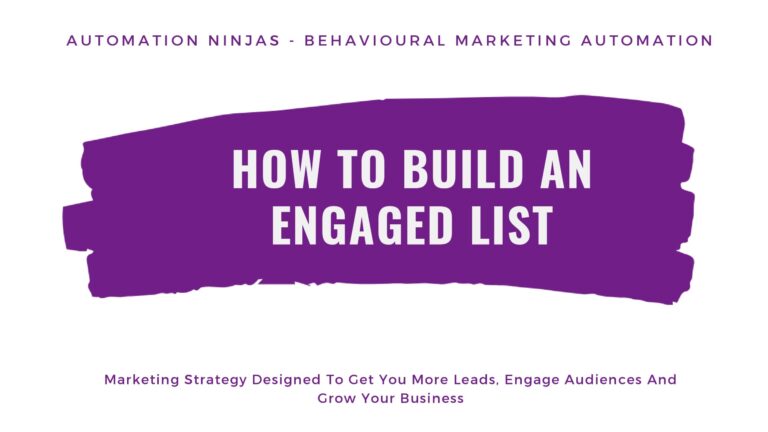SEO – What I’ve Learned In Two Weeks
When I joined Anicca Digital 18 days ago my knowledge of SEO was limited to say the least. Having come from a largely offline marketing background I appreciated the need for websites to be seen on page one of Google’s search results, but didn’t quite understand just how this could be achieved. The past 18 days have opened my eyes to the art of SEO, Anicca-style. I have learned that in order to have a fighting chance at being seen on page one of any search on any search engine a website must:
• Be known to exist by the search engines
• Contain relevant keyphrases
• Have a good level of authority
This holy trinity of SEO can be split into two main categories – on-page and off-page SEO, both of which can be tackled with the use of the countless number of tools available online.
On-Page SEO
This refers to the actual content on a website and in short ensures a match between what the user is searching for and what pages are displayed. As with PPC, on-page optimisation begins with keyword research, which in Anicca’s case is a job that must be done thoroughly (the Search Term report on Google Analytics is particularly useful for this as it shows what search queries are being used to trigger your website and how effective they are). General keyword research then allows you to identify the most popular searches on a global and national level before checking where your site is positioned in relation to those keywords (Rank Tracker is good for this).
Now that the ‘demand’ has been established, the ‘supply’ must be aligned – optimising title tags, meta tags and H1 tags to match keywords is essential. We use Screaming Frog to spider websites for this part of the optimisation process.
Google’s crawlers scan websites systematically, so prioritising pages you want to be seen and links you don’t is essential in making the ‘crawl’ efficient and reducing the risk of penalisation. From the audits I have been working on, very few sites seem to make use of XML Sitemaps and Robots.txt functions and those that do, aren’t doing it very well.
There is a whole host of nifty tips and tricks that can be applied at a basic level to increase rankings in Google (such as changing image file names) and many more that require a deeper understanding of SEO, however If I had to choose one element of SEO that I think is the most important it would have to be content.
Content, Content, Content
It is good content that brings people to your website time and time again and its part of what Google rewards you for. Quality of content is judged by its uniqueness and relevancy, which Google identifies by matching search phrases with keyphrases within the content. Sites are usually penalised for duplicate content, so go easy on the ‘copy’ and ‘paste’. Relevancy is the fit it has to your site and how up-to-date it is. There are multiple ways of creating and displaying good content; blogs, news updates, industry/product guides, ebooks, image galleries and so on. Here, creativity is key.
Off-Page SEO
Links are the single most important factor of off-page SEO as the whole process revolves around building a strong link profile (we use Moz, Ahrefs and Majestic SEO to assess a site’s link profile). It is this link profile that acts as a vote of confidence for Google, subsequently improving authority and rankings. A link from the BBC for example holds more weight than one from an ill-conceived affiliate website.
The aim of off-page SEO is to naturally induce good links by networking with relevant companies and websites and by creating good quality content (there it is again!). Bad links are those from low authority or ‘spammy’ sites and should be either disavowed or removed if you want to prevent falling victim to Google’s crawlers. Penguin 2.0, Google’s most recent major algorithm update, introduced a few weeks ago makes it even harder for sites to contain bad links. Click here to read our Head of SEO, Luke Glassford’s blog on Penguin 2.0.
To me, off-page SEO is where digital and traditional marketing overlap. It gives way to innovative link-earning strategies, but as with everything in digital marketing, it must be nurtured. Rules and regulations change so frequently (Google’s algorithm is tweaked every day) that keeping up to date is difficult. In saying that, if a site follows the principles of SEO and shows Google its quality it should consistently perform well in Google’s search results.
SEO is a process that requires a lot of building blocks and can take time if done properly, but the benefits of it far outweigh any costs. What I’ve learned in such a short space of time is incredible. Unfortunately, I can’t take all the credit – most of it is testament to the attention to detail demanded by Anicca and the knowledge of its employees, my new colleagues. Who knew being geeky would be so much fun!?
If you need help or advice with any aspect of your SEO campaign, contact us today for a free audit and consultation.


